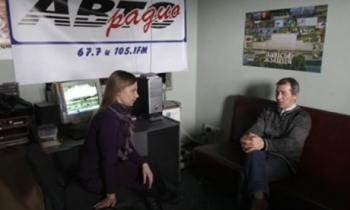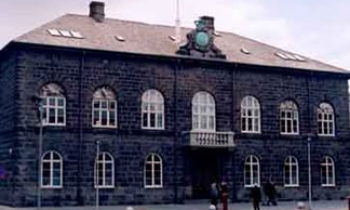THE mood was tense yesterday in Noerrebro, the multi-cultural district of Copenhagen where the Cartoon War began. As TV pictures showed Danes fleeing the Middle East, Jan Smolarczyk complained about how his once-gentle adopted country had been turned upside down.
"Suddenly everyone is asking themselves: are we bad people?", the 60-year-old Polish-born academic said.
For years, Danes thought tolerance and free thinking would also make them popular; now they see their red and white flag being trampled into the dust. Opinion polls reflected the popular confusion. There has been a surge of support for the right-wing People’s Party, which has been hostile to immigration. The Left Party, which still has some stake in preserving a multicultural society, has also seen a boost in the polls.
Mr Smolarczyk lives only a few blocks away from Kare Bluitgen, the writer whose book The Koran and the life of the Prophet lit the fuse. Mr Bluitgen was no Islamophobe, Mr Smolarczyk said.
He was a typical Danish resident of Noerrebro, which is 80 per cent Muslim. He helped to train the local football team, full of Moroccans and Turks.
"That world – socialist, internationalist Danes helping out foreigners – has been disappearing and it was only last week that we caught up with reality and realised it had disappeared almost completely," Mr Smolarczyk said. "When I came here, the Danes were open but cold. Now they are closed and very edgy indeed."
There are 200,000 Muslims in Denmark and the State has been subsidising many of their schools. Islam, in the view of right-wing Danes, secured a privileged position in Denmark and is trying to use it to engineer further change.
Imam Abu Laban was probably the most unpopular man in the Danish capital yesterday. In the Danish media he criticised the Arabic economic boycott of Danish goods. But, according to Danish investigations, he has been expressing joy about the Muslim actions in interviews to Arab media.
Left-wing Danes see the Cartoon War as a bill being paid for an immigration policy that has made the country into one of the most hostile societies for refugees. "The cartoons were simply an extension of jokes or smears that you could hear in pubs for a while now," Mr Smolarcyzk said.









